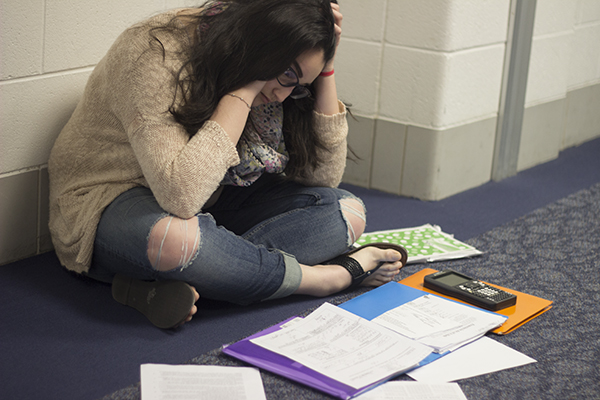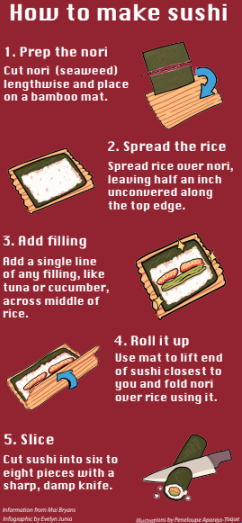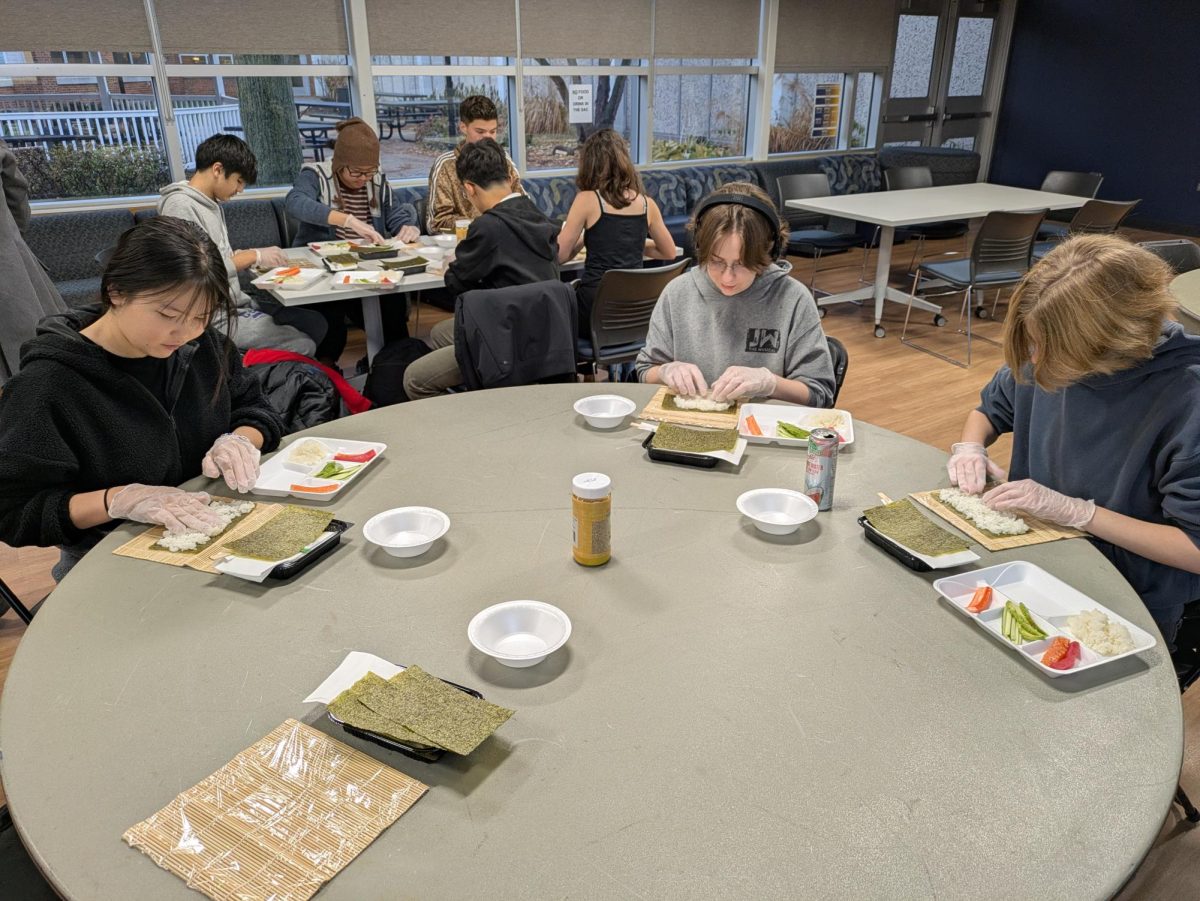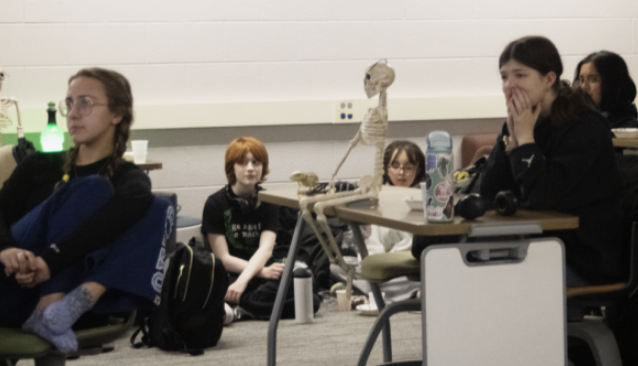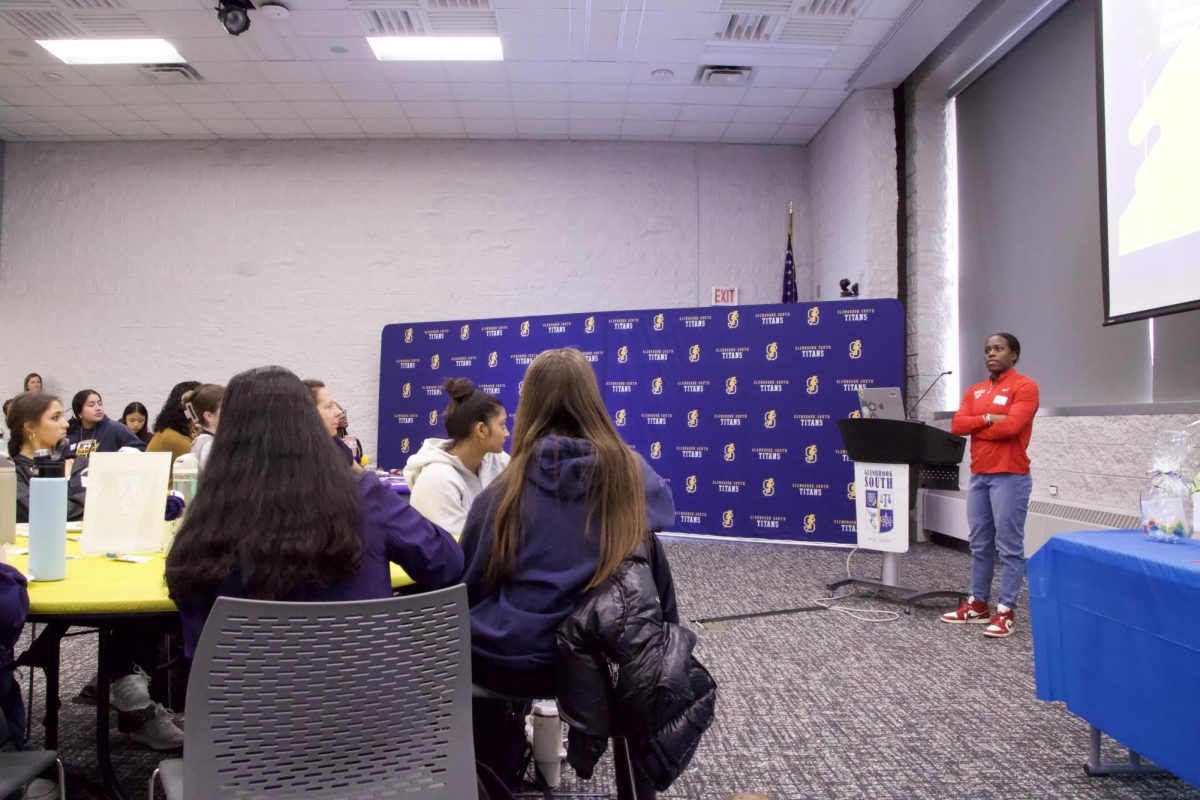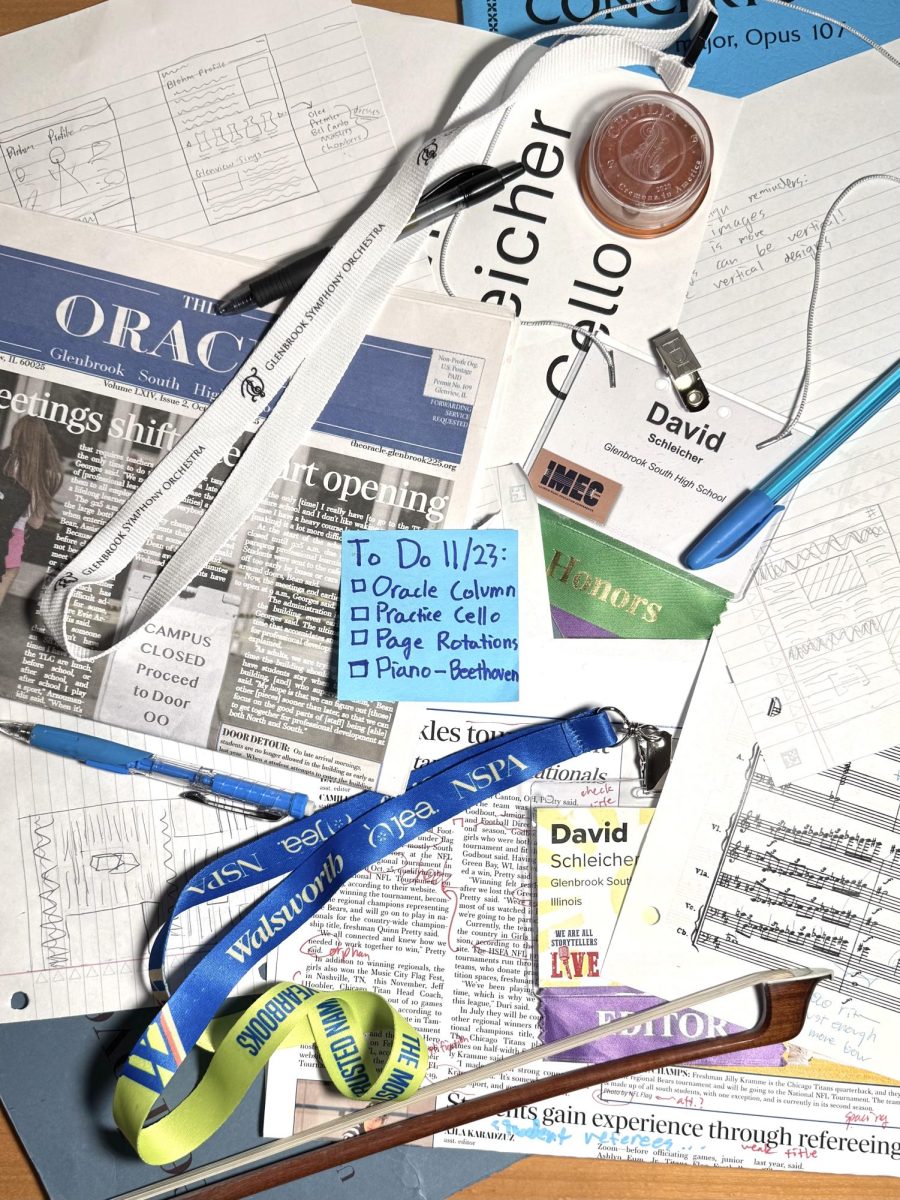According to a study done by the American Psychological Association, over 31 percent of teens feel overwhelmed during the school year. The study also said that America’s most recent generation – the millennials -bear the brunt of this stress. South students are no less affected by the stresses measured by this study, and some feel as if the expectations have risen.
“I graduated at a time where there was not nearly the level [of stress] there is today,” Sue Nadel, South social worker, said. “I’ve been [at South] for 18 years, and it’s much different now.”
Nadel sees 40 to 50 students a week and commented that a third of them come in for school related problems. These students usually take on too much work and have physical ailments caused by stress such as head or stomach pains.
“I have kids coming in doing four, five hours of homework,” Nadel said. “Sometimes I worry they have too much homework. I’ve seen kids really over-schedule themselves.”
Sophomore Sharon Kim also emphasized how important a proper schedule was to combat stress. Kim participates in clubs such as Key Club, MTAC, and Student Council. She is also the president of Fashion Club as well as a TLC tutor.
“I would prioritize doing the things you love and getting rid of what you don’t,” Kim said. “Do what you really like because you have to make sure you’re enjoying [your activities].”
Kim went on to say that organizing tasks based on importance was also a helpful strategy. Grades come before extracurriculars, she said. However, there shouldn’t be too much of any one activity.
“There should be a healthy balance of sports, extracurriculars and social events,” Kim said.
While Kim believes that sports or other extracurricular involvements – like club participation or leadership – are critical to this balance, other students look to the Music Department or other service opportunities beyond school as part of their priority lists.
Nadel offered strategies to keep the stress levels down. Certain times of the year are triggers for stress such as during Variety Show, college application deadlines or before major tests. According to Nadel, students should learn how to calm themselves down before feeling like fish out of water.
“Learn some relaxation techniques,” Nadel said. “It can be as simple as taking a couple minutes to breathe. Do it three minutes before a test.”
Calm.com is a website that takes the user through guided breathing exercises that are designed to relax the body. Meditation has been proven to help people with anxiety or who are overwhelmed by the trials presented by life, Harvard Medical School stated. Nadel has also recalled times when students have notified her that such methods do indeed help them cope.
Music also helps reduce tension, according to a University of Nevada study, and websites such as Pandora and 8 tracks have playlists that are designed to help students concentrate while studying.
“I usually listen to music and sing along to my favorite song for two or three minutes, which helps me out,” junior Lauren Frias said.
Frias, who also writes for the Oracle, did an experiment on the Mozart Effect, which is the correlation between music and concentration. She found that any type of music helped as long as it was not too distracting. Frias, who takes all AP courses, also recommended study breaks.
“I take study breaks very often,” Frias said. “Just to give myself a brain break so I won’t stress out like crazy afterwards.”
Nadel also commented that dividing up work time is an effective way to tackle huge amounts of homework.
“Nobody can sit for three hours,” Nadel said. “Work for 40 minutes then take a break, go do something physical, call a friend; do something fun.”
Friends can also be a source of comfort during hectic times; they can make you lighten up and smile, Kim said. However, going to a counselor or a social worker is no less helpful. They can help students with more technical aspects such as schedule changes.
“If you have [a] person to talk about your problems [with] and [help] you set up a good schedule for yourself, it’s really great,” Kim said.
Ultimately, high school shouldn’t be a time of unhealthy anxiety or tension. While students should always challenge themselves, everything must be kept in perspective, according to Frias.
“You don’t want to make your life [harder now] just to make your life [easier] in the future, because you could take [any] AP class, and still not get into Harvard,” Frias said. “You need to take a step back and slow down.”


